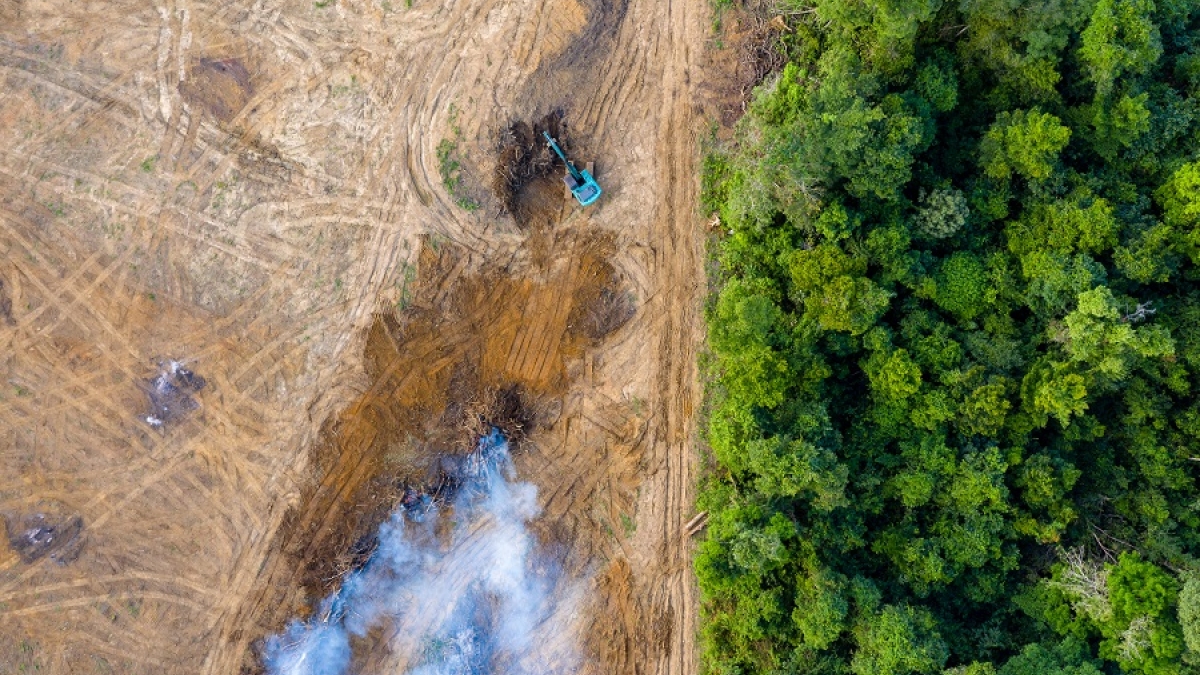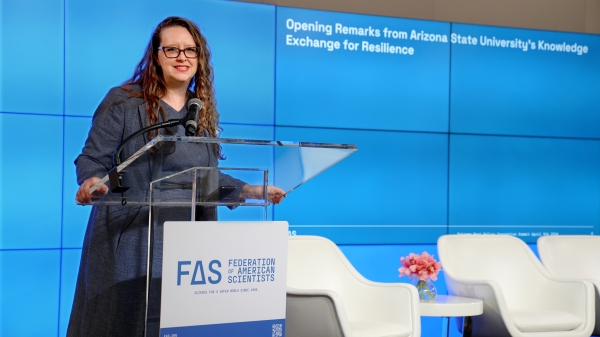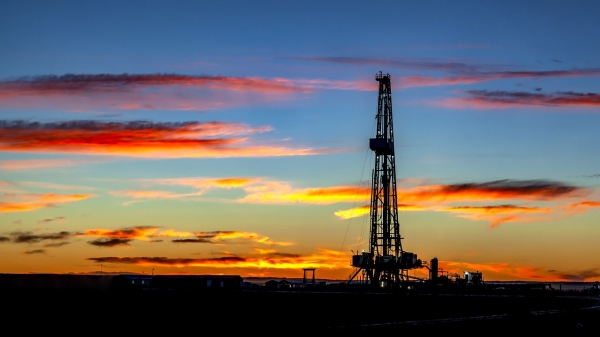Time for a rethink: Why communities need to co-drive conservation

Conservation organizations must involve frontline communities in developing solutions and monitoring and adapting them over time.
Our current approach to nature conservation needs to change.
That’s according to Michael Brown, Samantha Cheng and Jim Tolisano, three conservation scientists affiliated with the Conservation Solutions Lab at Arizona State University. The scientists, along with dozens of conservation and development researchers and practitioners, penned a new opinion piece, released Sept. 24, on Mongabay, calling for a crucial change in the way conservation efforts are undertaken.
“The way conservation engages communities is wholly insufficient," Brown said. "We manipulate their participation and marginalize their input. This undermines any hope of sustainability, and is a guaranteed recipe for failure."
According to the authors, nature conservation at its core is a social process, and the emphasis must be on fully engaging everyone in the process, more so than simply assessing plants and animals. The scientists argue that conservation efforts must specifically engage frontline communities — those people intimately situated in and around landscapes targeted for conservation — and elevate their role such that they can take the lead in planning and directing nature conservation.
A review of decades of global research led by ASU postdoctoral scholar Aireona Raschke found that the voices of community members are often not well reflected in scientific literature and conservation reports, with frontline communities particularly absent from the dialogue.
“It’s one thing to bring a finished proposal to a community and ask them to comment on it; it’s something entirely different to ask the community to participate in developing the solution from the get-go,” said Brown, who is co-director of the Conservation Solutions Lab and director for environment and natural resources at Chemonics International. "In our study, we found plenty of the former, but very little of the latter.”
Research shows that effective nature conservation benefits more than just the plants and animals being conserved — it also benefits people as whole, as we depend on the environment for our health and well-being. The authors argue that conservation organizations must work with frontline communities, not only to develop solutions that are beneficial rather than burdensome to them, but also to learn from their experiences and adapt those solutions over time.
Co-developing solutions with frontline communities requires groups that fund, implement and research conservation to revise their role and approach. Too often, communities suffer as the result of a lopsided balance of power and lack of communication.
“We need a much greater balance of power between all of these conservation actors and local frontline communities,” said Candice Carr-Kelman, ASU co-director of the Conservation Solutions Lab. A far more successful approach will find solutions led by the affected communities, and that produces results that benefit nature and people.
Learning from community experiences and adapting solutions over time can improve conservation efforts globally. The editorial highlights the lack of verifiable lessons and our continuing uncertainty around how and why some conservation approaches work and others fail. The scientists believe that affected communities must be empowered to lead and collaborate on conservation efforts.
The authors recognize that some aspects of nature conservation work well. We have seen the recovery of some species and ecosystems in scattered locations around the globe. But the scale of impacts has been too limited and inconsistent.
“If we’re not engaging communities effectively or justly,” said co-author Tolisano, principal at Innovations for Conservation, “we won’t save enough of nature to make a difference over the long term.”
More Environment and sustainability

Arizona adapting to heat crisis with initiatives featured in ASU report
Arizona State University's Knowledge Exchange for Resilience, also known as KER, released its Recommendations Report on Extreme…

Celebrating Earth Day around the world
Originating in the United States in 1970, Earth Day is now celebrated worldwide. But even before it became an official day, many…

A run on fossil fuels: ASU professor says climate legislation could have unintended consequences
As concerns about climate change grow, policymakers are increasingly voicing support for stricter fossil fuel legislation. Their…